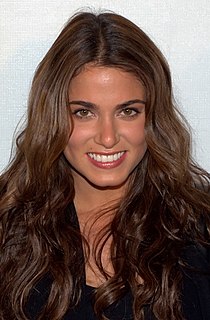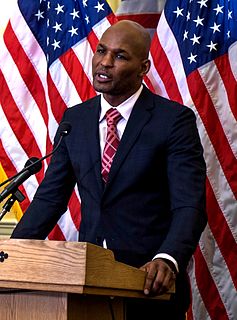A Quote by Simon Baron-Cohen
If we think about the autism spectrum as involving a very strong drive to systemize, that can have very positive consequences for the individual and for society. The downside is that when you try to systemize certain parts of the world like people and emotions, those sorts of phenomena are less lawful and harder to systemize.
Related Quotes
I think one of the problems with the definition of autism is we keep expanding it. It started as "early infantile autism", and then it became "autism", and now it's "autism spectrum disorder". I'm not opposed to that from the standpoint of trying to broaden our vistas, and so forth. But from a research point of view, the term autism is lost in specificity.
The more you become a part of society, the less and less you are an individual, the less and less you are spontaneous - because the very membership in the society will not allow you to be spontaneous. You will have to follow the rules of the game. If you enter a society, you accept to follow those rules that the society is playing, or has decided to play.
I think whatever is going on with my brain, I'm very, very - and I'm not saying this as a positive thing, it's just a fact - I'm very creative. I have a very strong imagination, and have since I was a little kid. That is where a lot of my world comes from. It's like I'm off somewhere else. And I can have a problem in life because of that, because I'm always off in some other world thinking about something else. It's constant.
My autism is a very mild form. It was diagnosed at the age of 25, partly because it wasn't diagnosable as a teenager (this is Asperger's syndrome, specifically). But there were certainly traits within that condition, within the autism spectrum in general, especially at the high functioning end, that I think are best looked at as pluses.
I can have little patience with those who oppose ... the theory of evolution or what are called "mechanistic" explanations of the phenomena of life because of certain moral consequences which at first seem to follow from these theories, and still less with those who regard it as irrelevant or impious to ask certain questions at all. By refusing to face the facts , the conservative only weakens his own position.
I think that if I could do any sort of research of autism that I wanted to do, at this point I would take a sample of classic, early infantile autism persons and compare them with what I call "classic late onset autism", individuals. I think we will find that the cause of those youngsters with autism who have autism from birth is probably different than those who have late onset autism.
Positive emotion can be about the past, the present, or the future. The positive emotions about the future include optimism, hope, faith, and trust. Those about the present include joy, ecstasy, calm, zest, ebullience, pleasure, and (most importantly) flow; these emotions are what most people usually mean when they casually-but much too narrowly-talk about "happiness." The positive emotions about the past include satisfaction, contentment, fulfillment, pride, and serenity.


































